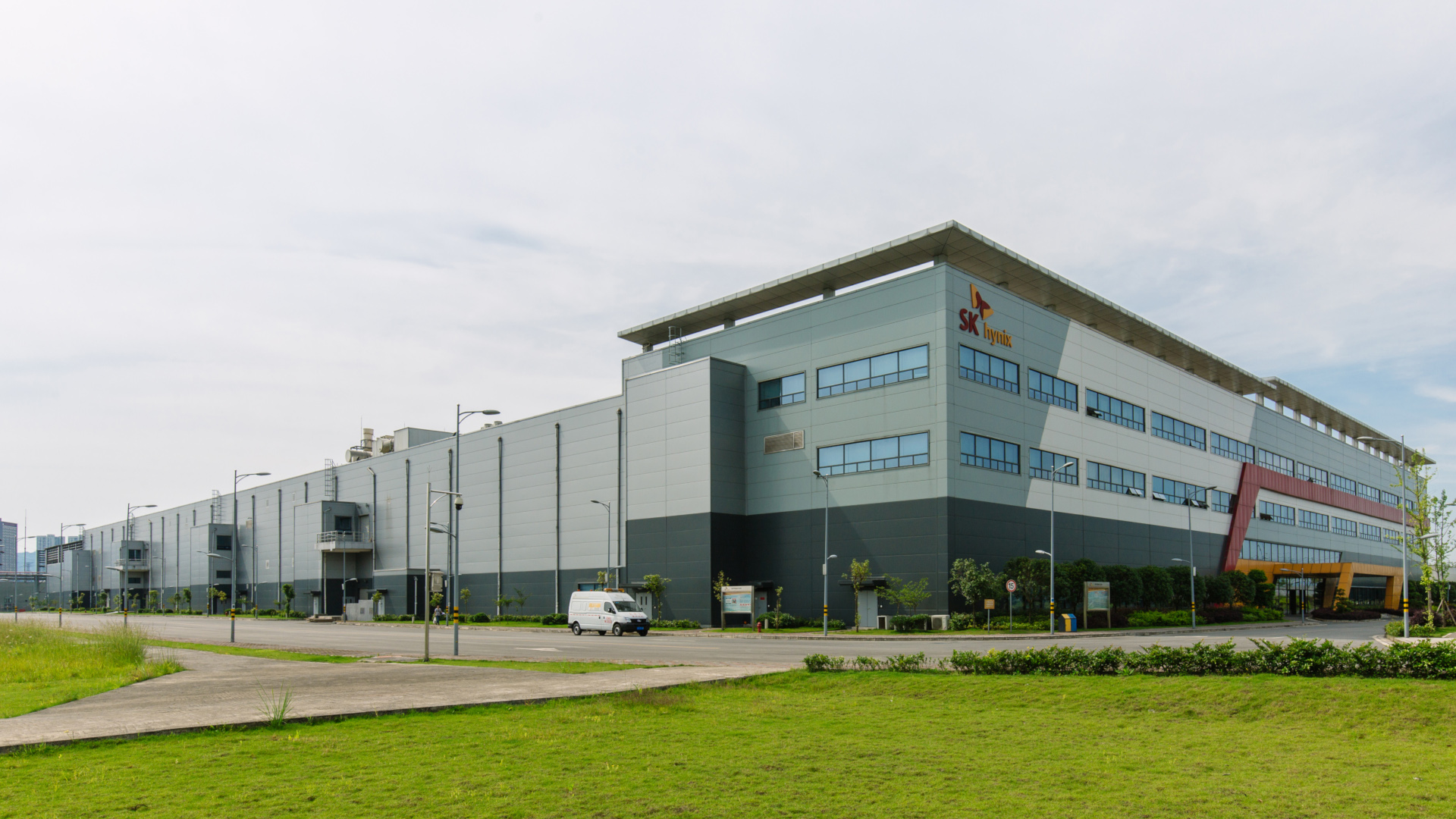
Samsung and SK Hynix, two of the largest manufacturers of DRAM and flash memory chips, are facing challenges in acquiring US equipment for their factories located in China due to recent US regulations. This change may result in higher costs for consumers when purchasing PC components.
While the firms primarily produce in South Korea, they also have many facilities in China. These recent measures imposed by the US government mean that they will no longer have automatic access to purchase necessary equipment from American manufacturers.
According to reports from Reuters, this has caused a notable dip in the stock prices of both companies. Samsung and SK Hynix lead the global market for DRAM and NAND flash memory chips, followed by US competitor Micron.
Production of memory chips relies on complex and expensive machinery, mostly produced in the United States. Previously, Samsung and SK Hynix could buy this equipment and use it in their various manufacturing sites.
With the new regulations, both companies will now need to apply for licenses to import US semiconductor technology and equipment. These licenses may only be granted for existing operations, limiting their capacity to enhance or expand their manufacturing capabilities.
While it remains unclear how much of each company’s memory output comes from China, it is known that Samsung exclusively manufactures its DRAM in South Korea, while around one-third of SK Hynix’s production occurs there. Henceforth, the new import restrictions are expected to take effect within the next 120 days, but they may not affect production output immediately.
Companies will need to apply for licenses to import US technology and equipment for their factories in China. The US Commerce Department has indicated that it will accept applications to operate existing facilities but won’t support expansion projects. Should these restrictions hold, it’s plausible that the market could see price increases for consumer electronics that rely on these manufacturers’ components.
